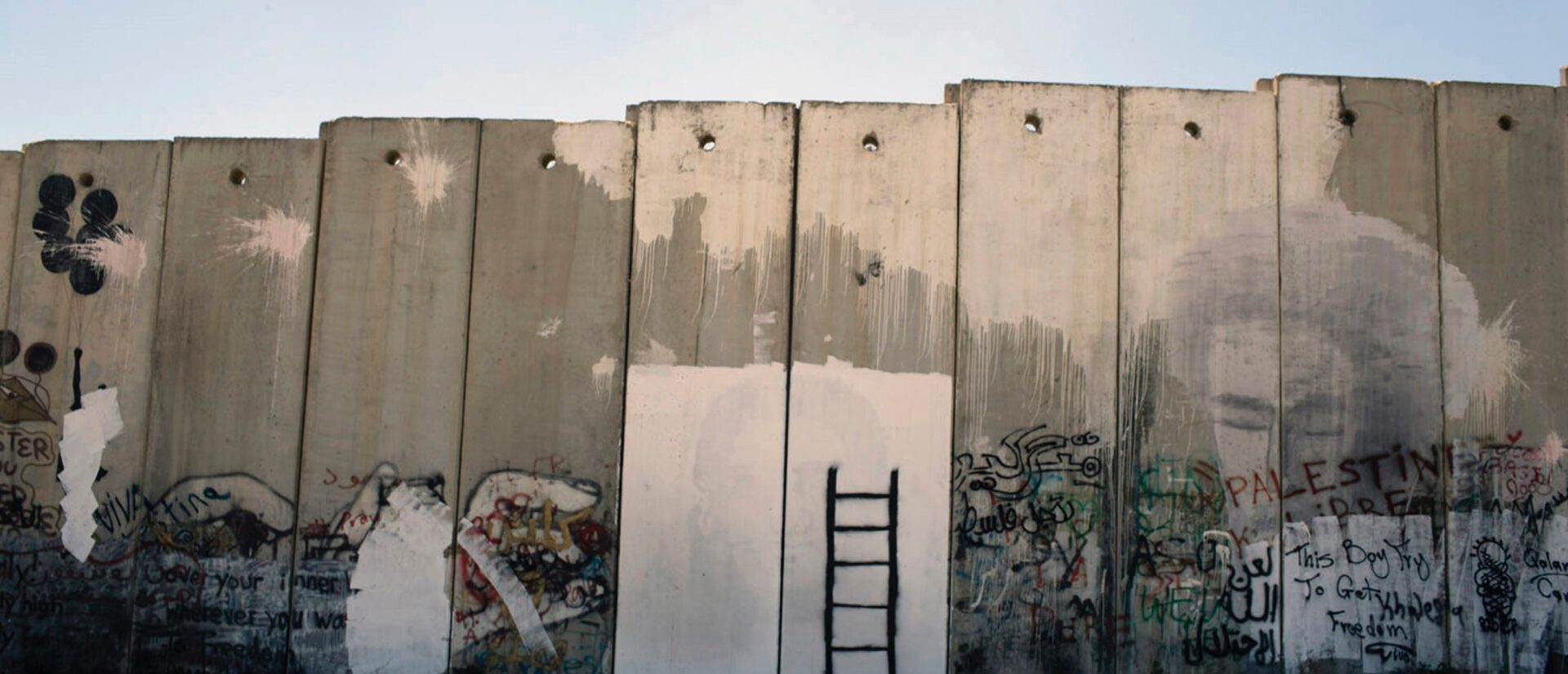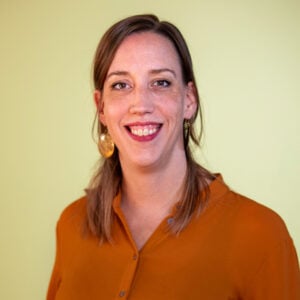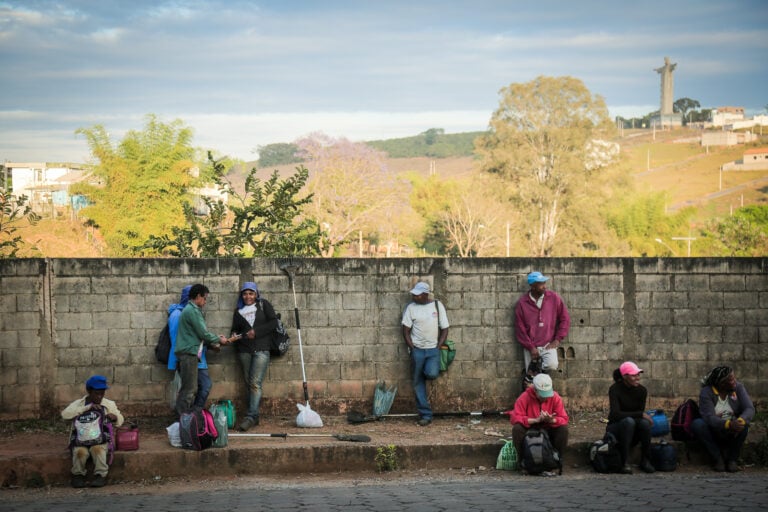
Concerns about continuity of SOMO research into occupation economy in the Israeli-occupied territories
In the summer of 2018, two of our researchers were denied entry into Israel, due to alleged support for the Boycott, Divestment, Sanctions (BDS) movement. Consequently, MP Sadet Karabulut of the Dutch Socialist Party (SP) posed questions in parliament. Minister of Foreign Affairs, Stef Blok, responded to these questions on 3 September 2018. His reply has prompted SOMO to urge the Cabinet to defend SOMO’s research into the occupation economy.
Insufficient explanation of the grounds and nature of the denial of entry
The Dutch government has taken a clear stance in support of freedom of expression and freedom of assembly, and emphasises the necessity of compliance with international legislation regarding consular assistance to Dutch citizens abroad. This message was also communicated to Israeli authorities in a talk with the Israeli ambassador to the Netherlands, according to Minister Blok.
However, it has not yet been made clear whether SOMO researchers Lydia de Leeuw and Pauline Overeem were into Israel in their individual capacities, or whether the grounds for their denial of entry were related to SOMO’s research and publications. There is also uncertainty about the nature of the entry ban (one-off or a longer-term entry ban). This is extremely problematic.
Cabinet must defend SOMO’s research
The Israeli occupation of Palestine
This uncertainty jeopardises SOMO’s investigation into the Israeli occupation economy and related trade flows to the Netherlands and the rest of Europe. It also affects the interests of the Cabinet, given that the Ministry of Foreign Affairs is a major financer of SOMO and other organisations that do research on the Israeli occupation economy.
The situation which SOMO has become caught up in is part of the general trend towards isolation and criminalisation of Israeli and Palestinian human rights organisations and their international partners by the Israeli authorities. The Cabinet must take a clear stance against this trend. It does not suffice to state that Israel has the prerogative to decide on its own entry policy, in particular because it concerns SOMO’s access to the occupied Palestinian territory.
BDS as a catch-all
Palestinian fishermen bear the brunt
The “Entry into Israel Law” which was the basis for denying De Leeuw and Overeem entry into Israel was made more stringent last year to keep out organisations and people that Israel associates with BDS activities. In this determination, Israel makes no distinction between activities focusing on the occupation and actions aimed at a general boycott of Israel.
The legal provision is already being applied very broadly. In addition to the SOMO researchers, several people from other countries(opens in new window) were also denied entry to Israel this year on the same grounds. This causes concern about other Dutch civil society organisations possibly being hindered in their work on projects in the occupied Palestinian territory in the future.
A pro-active stance by the Dutch government is badly needed
SOMO believes that Minister Blok’s response lacks acknowledgement of this worrisome development. It remains unclear to what extent the Netherlands will clearly voice its support for the unimpeded continuation of SOMO’s work, including on-site research. The Minister’s response did not address this. However, he did explicitly emphasise that the Netherlands is striving “for strengthening economic relations with Israel within the 1967 boundaries.”
The Netherlands must take a more active role – on a national and European level – in addressing the shrinking space for civil society organisations that advocate for the rights of the Palestinian people.
Do you need more information?
-

Lydia de Leeuw
Researcher
Related news
-

-
Hungry for profits Published on:
 Vincent KiezebrinkPosted in category:Publication
Vincent KiezebrinkPosted in category:Publication Vincent Kiezebrink
Vincent Kiezebrink
-
 Modern slavery is still lurking in your coffee cupPosted in category:News
Modern slavery is still lurking in your coffee cupPosted in category:News Joseph Wilde-RamsingPublished on:
Joseph Wilde-RamsingPublished on:


